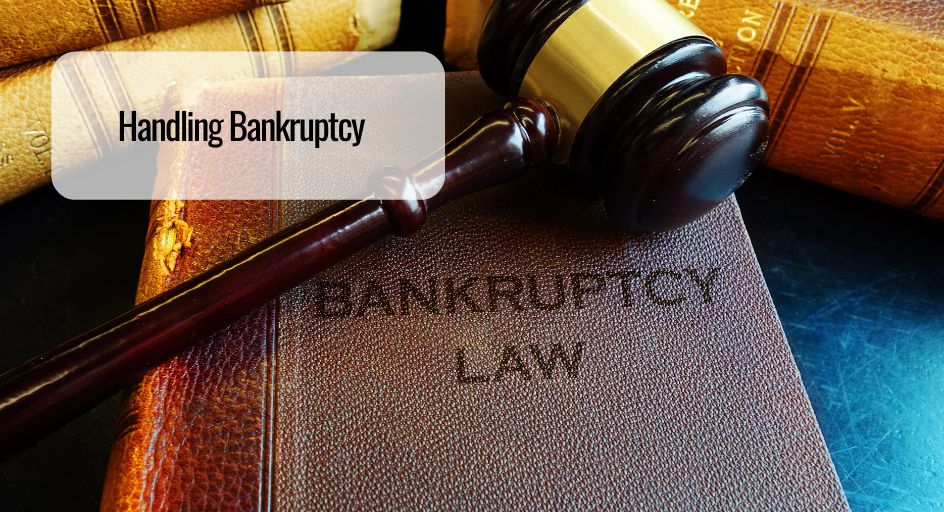Are you considering filing for bankruptcy? Bankruptcy allows many individuals and businesses to “start over” with their finances. A judge and the court will examine your assets, liabilities, and debts and determine whether or not you can pay them off.
There are different chapters of bankruptcy, so determine what you think will be best for your business with a lawyer and try to go from there. Filing for bankruptcy is a big decision that shouldn’t be taken lightly, so make sure you are well informed and ready for the process before filing.
Chapter 7 Bankruptcy
One of the most common types of bankruptcy, this form of bankruptcy liquidates your assets to pay off the most debt. It is the most common form of bankruptcy and is the simplest and quickest—it’s usually completed in 6 months. However, not all applicants qualify for Chapter 7 bankruptcy. You’ll be required to go through a test where the court examines your financial records and determines if your disposable income is below the median income for your state.
If you qualify for a Chapter 7 bankruptcy, the court will liquidate your assets. This means selling your stuff—your house, car, business assets (if filing for business), etc. This will help rid you of most debt from credit cards, personal loans, medical bills, mortgage/car loans, and more. There are debts that bankruptcy does not get rid of including alimony, child support, debt from accidents where you were inebriated, and debts that are intentionally left out of the case.
Chapter 11 Bankruptcy
A Chapter 11 bankruptcy is typically filed by corporations, partnerships, and limited liability companies (LLCs). Sometimes an individual carrying a good amount of debt can file for Chapter 11 if they don’t qualify for a Chapter 7 or 13 bankruptcy. This type of bankruptcy allows a business to continue their business operations as they reorganize their debts and assets.
Quite a few big-name brands have filed for Chapter 11 in recent years including JC Penny and General Motors, both of which are still in business. Many think that a business filing for bankruptcy means the end of the business, but Chapter 11 allows it to remain operational as long as they pay off its debts.
Filing for Chapter 11 is one of the most complex bankruptcy cases, but you may find it worth it. The court helps the business restructure its debts and assets so it can stay in business while paying off what they owe to creditors. If your business doesn’t come up with its restructuring plan, your creditors may take it into their own hands with the court. Most creditors will agree with a Chapter 11 case because it means they’ll still make their money back—unlike a Chapter 7 case.
Chapter 13 Bankruptcy
Chapter 13 Bankruptcy is known as the “wage earners” bankruptcy. This type of bankruptcy claim is for those who earn enough income but are underwater and struggling to pay off their credit. Chapter 13 helps reorganize debts and creates a program to help pay them off. You’ll have 3-5 years to pay off your debts with your income, but you’ll be strictly watched to ensure your disposable income is going towards paying off your debts and not towards frivolous things.
Choosing the right type of bankruptcy is critical for any business. Look into all your options and make sure you choose the appropriate one.

